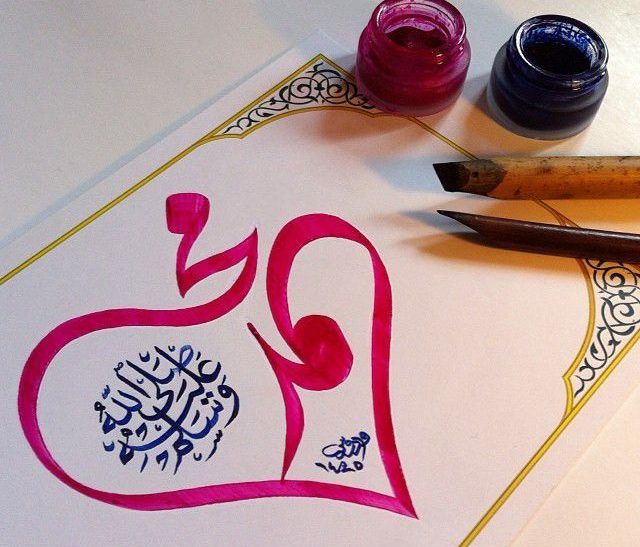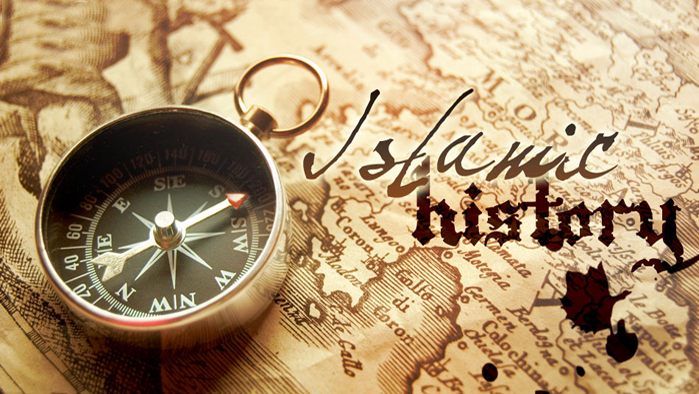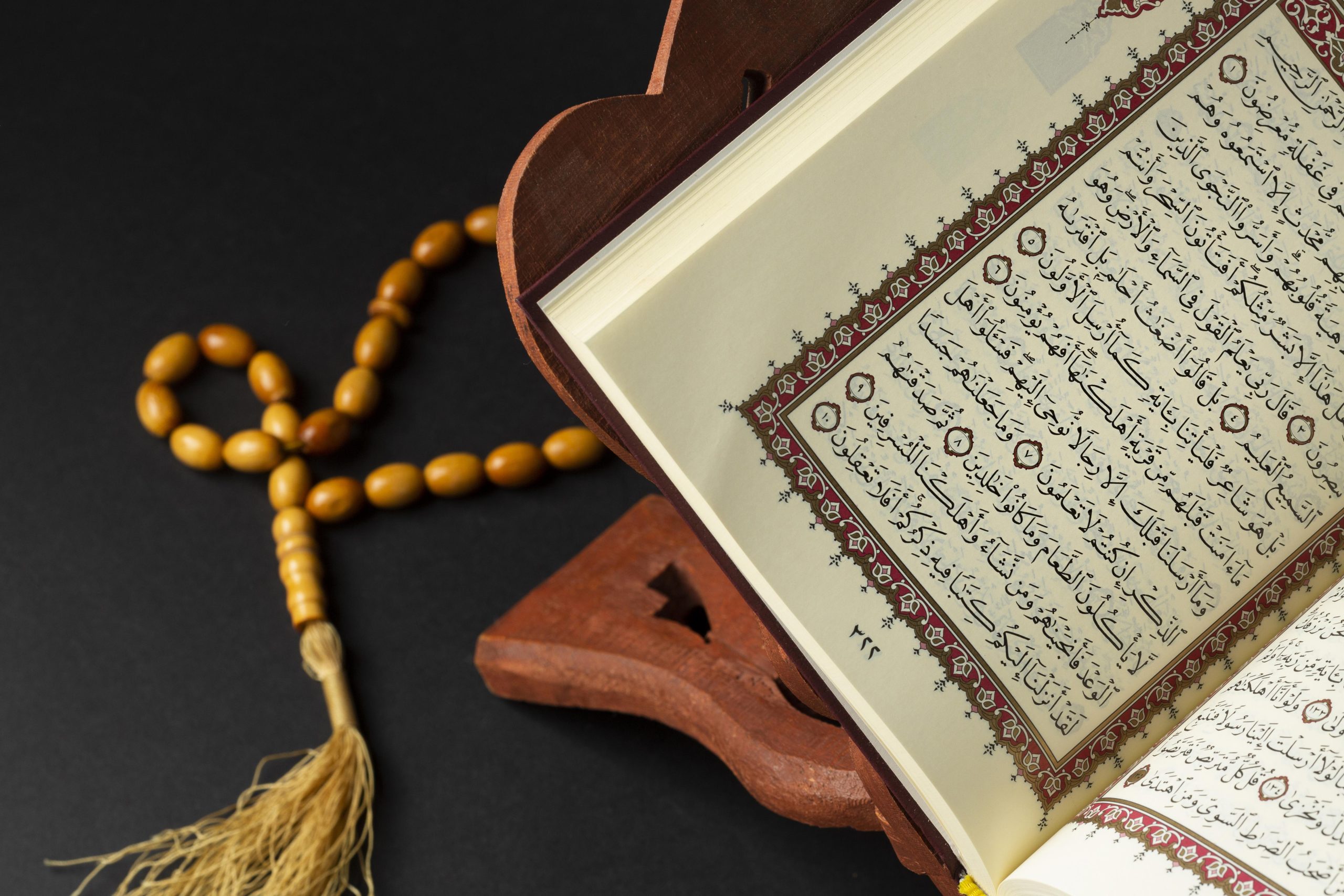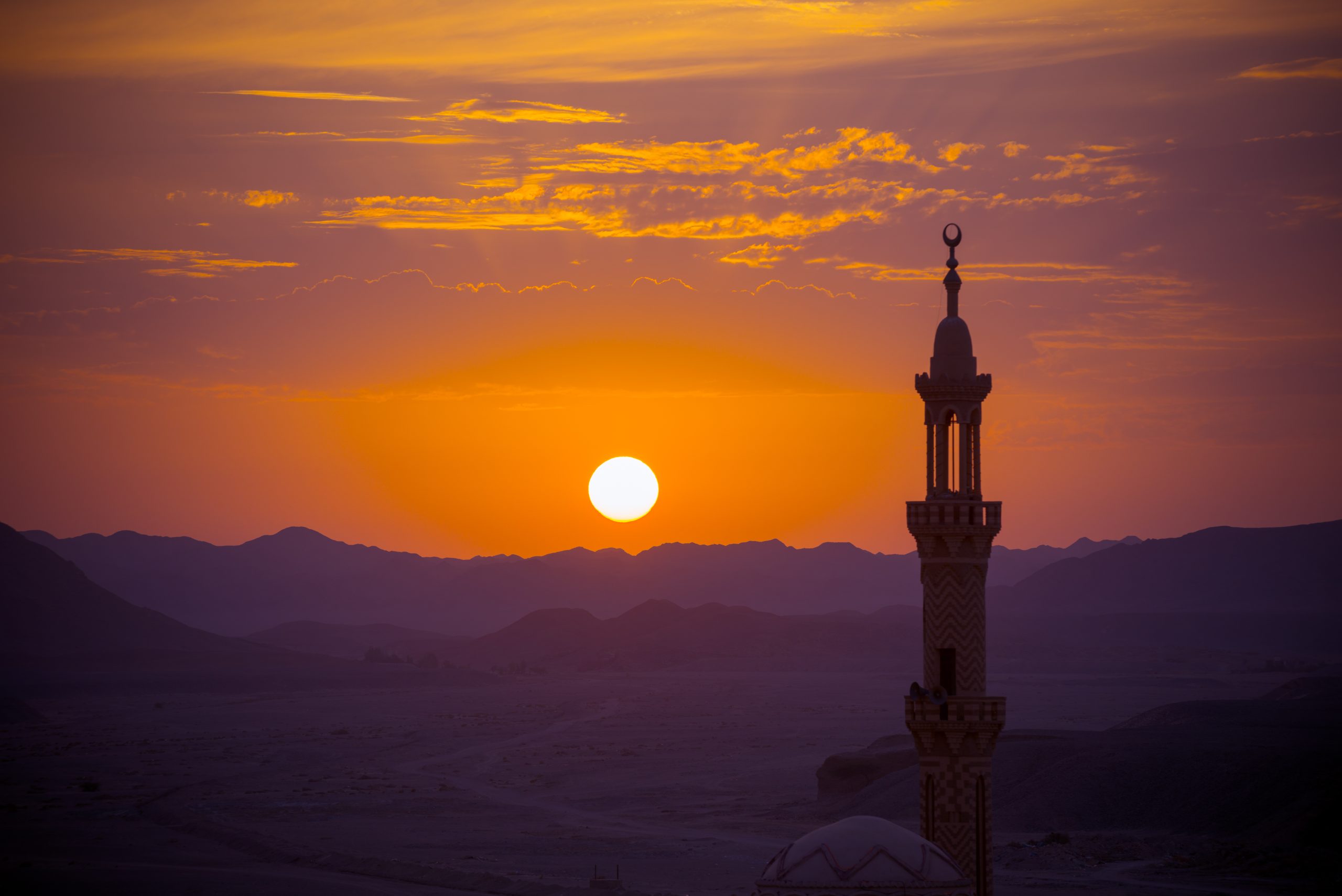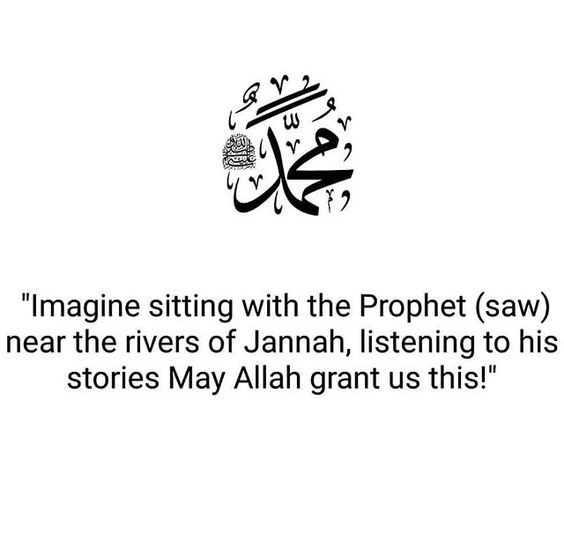Prophet Muhammad: A Messenger of Mercy (ﷺ):
Prophet Muhammad (ﷺ), meaning “peace and blessings be upon him,” was the revered founder of Islam and the last prophet sent by God according to Islamic belief. His life, spanning from roughly 570 to 632 CE in Mecca and Medina (both now in Saudi Arabia), left an indelible mark on the world.
Early Life and Establishing Trust:
Born into a prominent Meccan tribe, Muhammad (ﷺ) faced hardship early on, losing his father before birth and his mother at a young age. Raised by his grandfather and uncle, he became known for his honesty and trustworthiness, earning the nickname “al-Amin,” meaning “the faithful.”
A Divine Revelation:
At the age of 40, Muhammad (ﷺ) experienced a life-altering event. According to Islamic tradition, he received a revelation from God through the Angel Gabriel in a cave near Mecca. This marked the beginning of his prophethood and the transmission of the Quran, the holy book of Islam, believed to be the direct word of God.
Spreading the Message and Facing Opposition:
Muhammad (ﷺ) began preaching the message of Islam, emphasizing monotheism, social justice, and compassion for the poor and vulnerable. This message challenged the existing polytheistic practices of Mecca, and he and his followers faced persecution and ridicule.
The Hijrah: A Journey of Faith:
In 622 CE, facing mounting pressure, Muhammad (ﷺ) and his followers migrated to Medina, an event known as the Hijrah. This marked the beginning of the Muslim community and the foundation of the Islamic calendar.
Building a Community in Medina:
In Medina, Muhammad (ﷺ) established the first Islamic state based on the principles of justice, equality, and religious tolerance. He forged alliances with local tribes and led the Muslim community in defending itself against attacks from Mecca.

The Return to Mecca and the Farewell Pilgrimage:
The year was 630 CE. Years of persecution and exile culminated in a momentous event: the return of Prophet Muhammad (ﷺ) to Mecca. This wasn’t just a homecoming, but a symbolic victory of Islam. The Prophet (ﷺ) led a large and peaceful procession into the city, dismantling idols from the Kaaba and establishing monotheism at its heart.
This pilgrimage, known as Hajjah al-Wada (the Farewell Pilgrimage), held even greater significance. It was the last pilgrimage Prophet Muhammad (ﷺ) would perform, and during this time, he delivered his final sermon. Standing on the plains of Arafat, he emphasized core Islamic values: equality, justice, and the rights of women and orphans. He reminded his followers of the importance of leading a righteous life and urged them to faithfully transmit the message of Islam.
Hajjah al-Wada wasn’t just a religious ceremony; it was a profound act of teaching and a powerful farewell. Through this pilgrimage, Prophet Muhammad (ﷺ) ensured the continuation of Islamic practices and instilled the core tenets of the faith in the hearts of his followers for generations to come.
Legacy: A Messenger of Peace and Mercy:
Prophet Muhammad (ﷺ) embodied the ideals of peace and mercy. He preached a message of submission to one God, emphasizing compassion for all regardless of social standing. His life exemplified these values, as he championed the rights of the marginalized, fostered understanding between warring tribes, and established a community rooted in tolerance and respect. Even today, Prophet Muhammad (ﷺ) serves as a powerful symbol of peace and a source of inspiration for those seeking a more just and harmonious world.
Note: (ﷺ) signifies the Islamic expression of peace and blessings upon the Prophet Muhammad.

